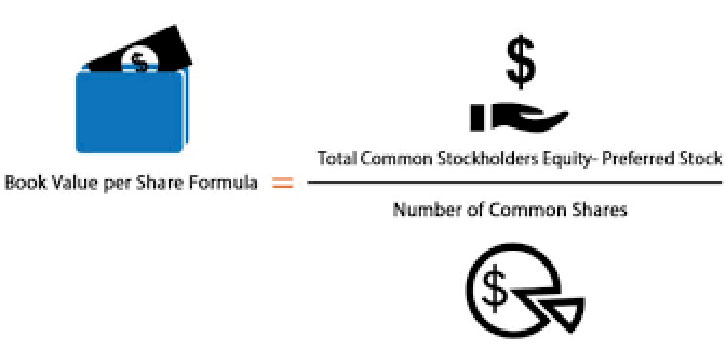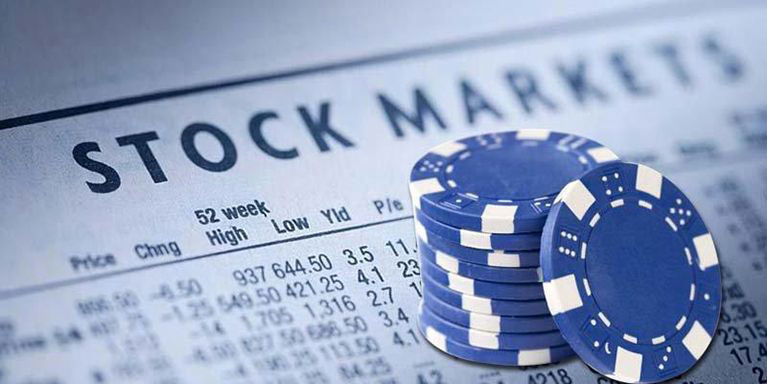Introduction
The company's market value of equity is dynamic due to changes in these two variables. It is a statistic for estimating a company's size. By enabling investors to distribute their funds among businesses with various revenue and profile characteristics, it helps diversify financial risk. Investors need to know the number of outstanding stock shares to calculate the company's equity market value. The market value of a company's equity determines the overall value that the investment community assigns to it. To determine a company's market value, multiply its current stock price by the number of outstanding shares. Shares outstanding are shown in the equity section of a balance sheet. This total should include all kinds of outstanding, standard, and preferred stock.
What Does Market Value of Equity Mean?
All of a company's stock owned by a single shareholder is referred to as the "outstanding shares." The amount left over after subtracting assets from liabilities is known as equity. The price at which a share of stock could be sold under the current market circumstances is known as "fair market value." You can define anything more precisely if you are aware of its components.
The actual market value of equity is obtained by dividing the current stock price (FMV) by the total number of outstanding shares. Since only the owner's value is included, market capitalization differs from the equity calculation (assets fewer liabilities). In a sense, market capitalization is based on a particular concept of equity. Companies utilize market capitalization as a gauge for their development and performance. They also use it to evaluate possible acquisition prospects. Market capitalization is a similar tool used by investors to assess the viability of investment concepts. They may combine it with other indicators, such as cash on hand or revenue, to ascertain whether the stock is underpriced.

Market Value of Equity vs. Book Value of Equity
The equity value and book value of a corporation are not the same. Unlike book value or shareholders' equity, which is the difference between a company's assets and liabilities, it is calculated by dividing the stock price by the total number of outstanding shares. A healthy company's equity value will nearly always be higher than its book value because the market value of its shares tends to increase over time. This amount is always positive because neither the share price nor the total number of outstanding shares can be harmful. An asset's book value could be positive or negative and take any number.
Essential Equity Value Vs. Diluted Equity Value
By dividing the current stock price by the total number of outstanding shares of common stock, one can determine a company's primary equity. On the first page of a company's Form 10K, you can find the number of shares of common stock currently outstanding. The number of outstanding shares does not include dilutive securities such as stock options, performance stock units, warrants, or variable debt. Other examples of such securities include performance stock units and preferred stock.
The 10K contains a separate section for these securities. The treasury stock approach could calculate the potential dilution brought on by such instruments. By multiplying the number of shares created by such securities by the number of outstanding basic securities, you may determine the total number of shares outstanding after accounting for the dilution effect of securities.
When assessing equity value or figuring up enterprise value, it is preferable to utilize diluted shares outstanding because the buyer pays back all in-the-money securities following the acquisition. By issuing extra shares to the buyer upon settlement of these instruments, the acquisition price at which the company is acquired will rise.
Equity Value vs. Enterprise Value
There are certain outliers, such as the banking and insurance industries, but most businesses employ enterprise and equity values to assess a company's worth. According to the parameters used, understanding the distinction between enterprise value and equity value is crucial. Enterprise value is used without net debt, interest revenue, or expense changes. Equity value is used if the statistic considers the change in debt, interest income, and interest expense after taxes. Since this cash flow is accessible to debt and equity investors, enterprise value is calculated before interest or debt repayment.

Conclusion
You can think of equity market value as the sum of what investors are willing to pay for a company. The market value of a stock can change significantly throughout a trading day, particularly in the wake of significant news items like quarterly earnings. Large firms have a higher market value and stock stability level because they have a broader investor base and access to a more comprehensive range of financial resources.




